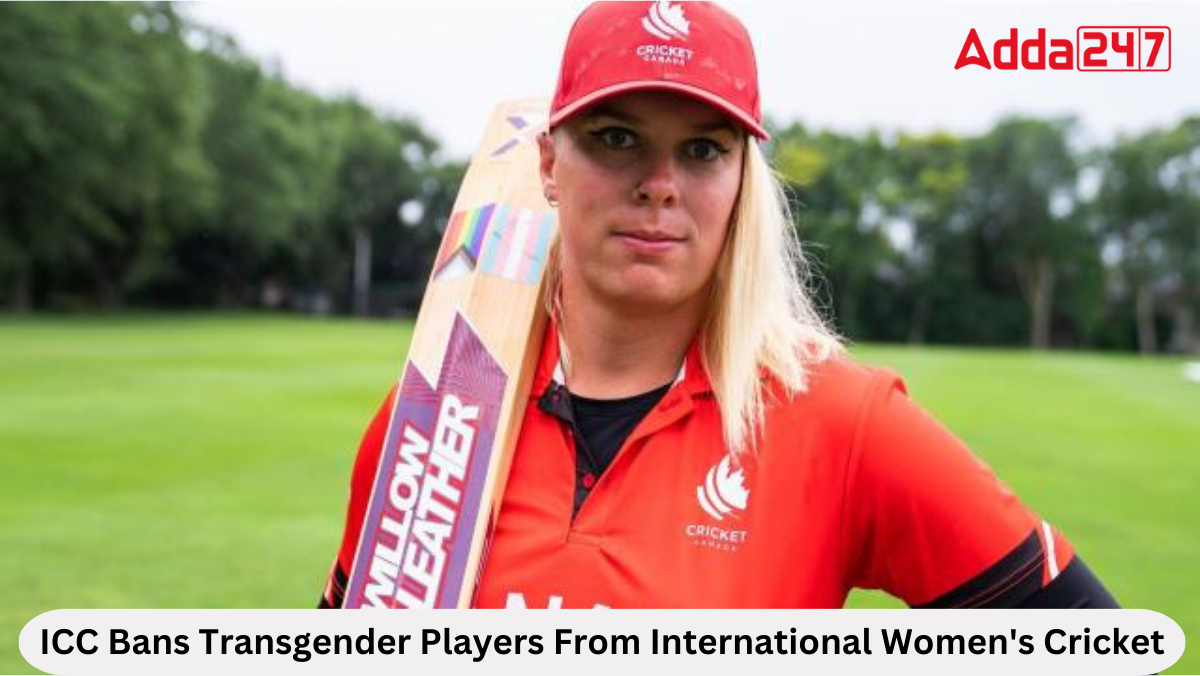Introduction
In a significant policy decision, the International Cricket Council (ICC) has recently implemented a ban on transgender cricketers from participating in international women’s cricket at the highest level. This decision has raised discussions around inclusivity, athlete rights and the impact of the ban on transgender individuals. The move is said to be in alignment with the International Olympic Committee’s (IOC) guidelines, considering cricket’s inclusion in the 2008 Olympics.
Background of ICC’s Decision
The decision comes on the heels of controversary sparked by Canada’s Danielle McGahey, who became the first transgender cricketer to participate in an official international match just two months ago. The 29-year-old opening batter playing in all six of Canada’s matches during the Women’s T20 World Cup Americans region qualifiers event in Los Angeles. Under the previous ICC regulations, which focused on reducing testosterone levels, McGahey met all eligibility criteria. However, the new rules prioritize the protection of the women’s game’s integrity, safety, fairness and inclusion.
ICC’s New Policy
The ICC’s new policy, led by the ICC medical advisory committee and chaired by Dr. Peter Harcourt, especially pertains to international women’s cricket. It states that any male-to-female participants who have undergone any form of male puberty will be ineligible for international women’s cricket, regardless of any surgery or gender reassignment treatment they may have undergone. However, individual countries are permitted to establish their own policies for the domestic game.
Reactions and Considerations
The England and Wales Cricket Board (ECB) has announced its intention to review how the new ICC regulations will impact its own policy. The ECB spokesperson emphasized the ongoing evaluation of their transgender policy, taking into account inclusivity, safety and fairness. The Football Association (FA) is also grappling with transgender-related challenges, as a player quit football due to rival clubs refusing to compete against her. The FA is actively working to find a resolution, acknowledging the complexity and constant evolution of the issue.




 Weekly Current Affairs One Liners 16th t...
Weekly Current Affairs One Liners 16th t...
 Which District is known as the Medical C...
Which District is known as the Medical C...
 Which was the First Women's University i...
Which was the First Women's University i...








